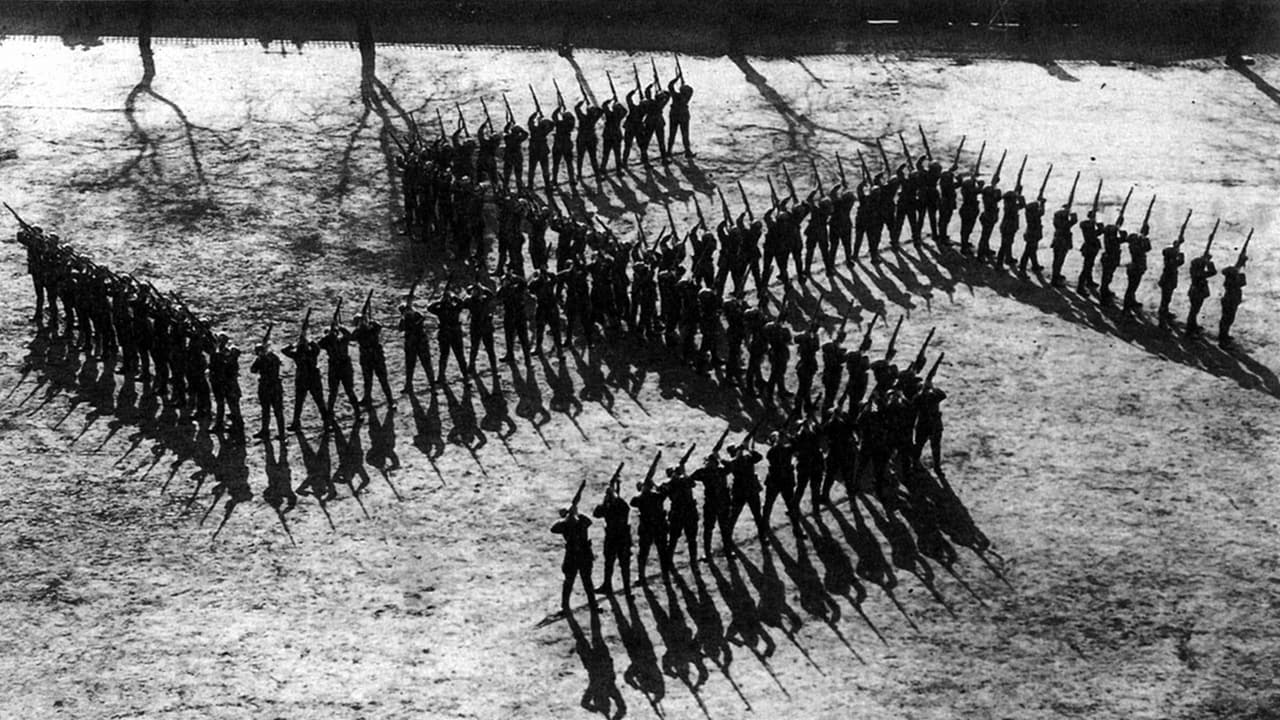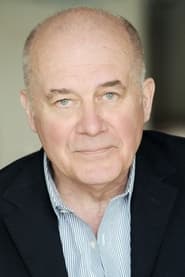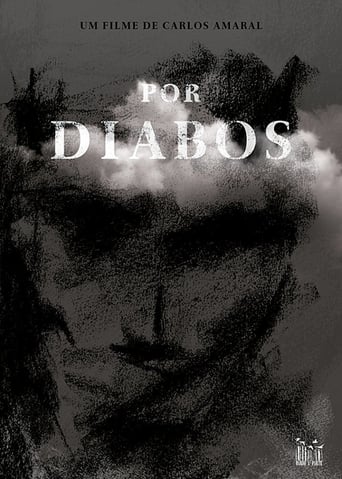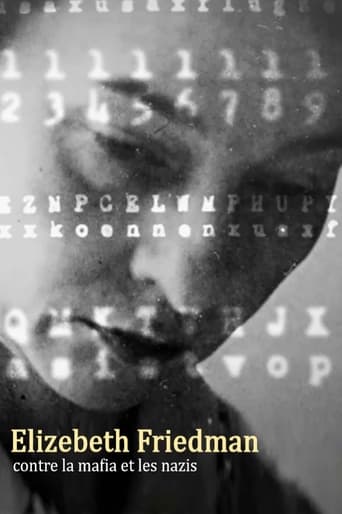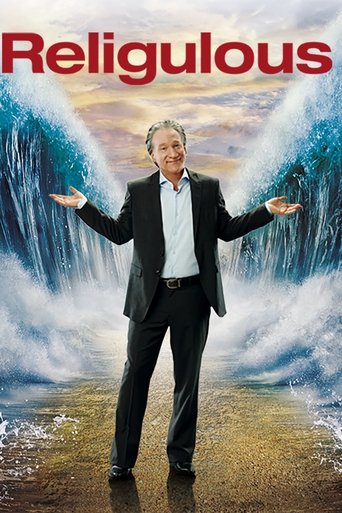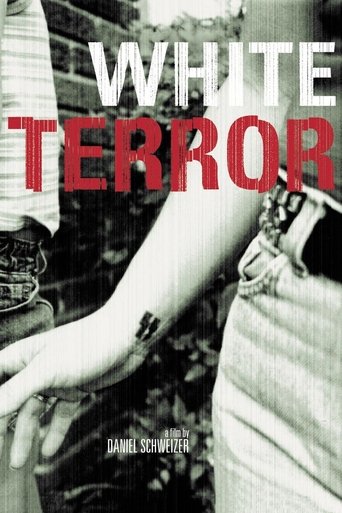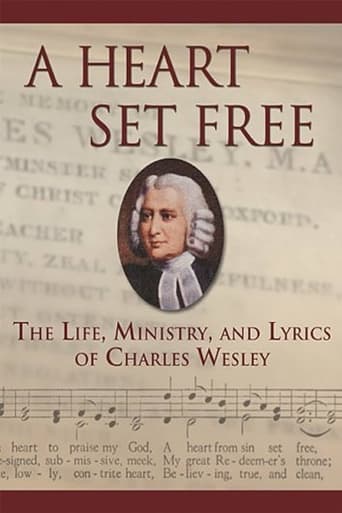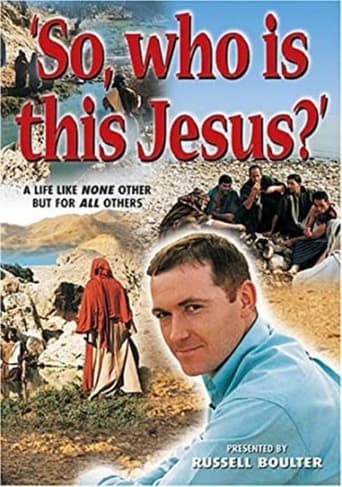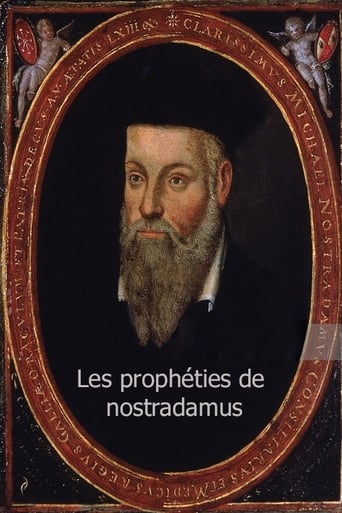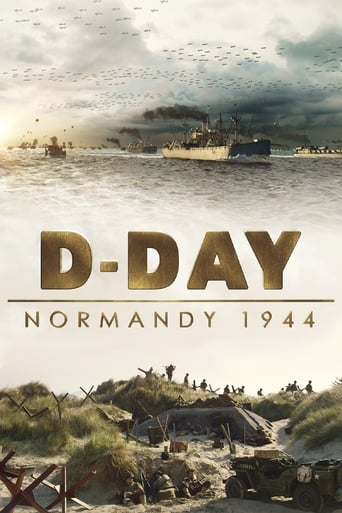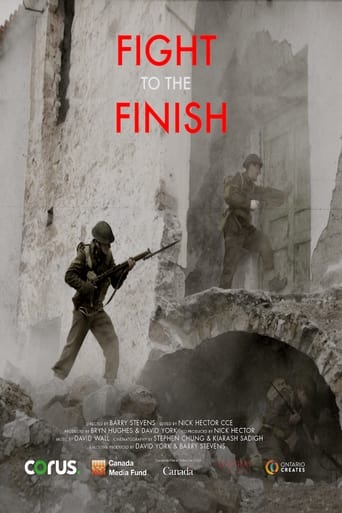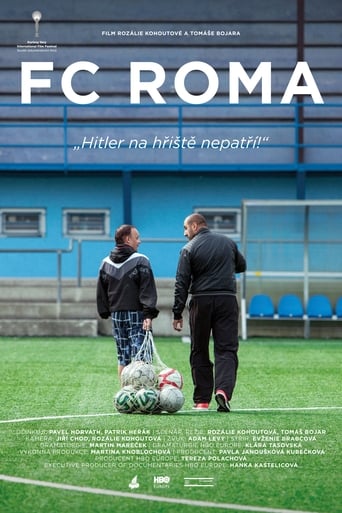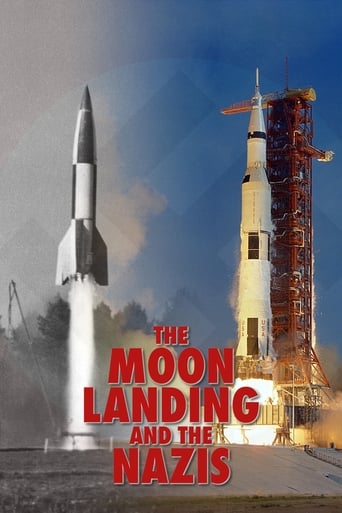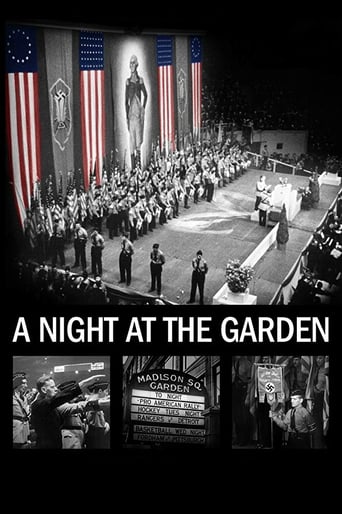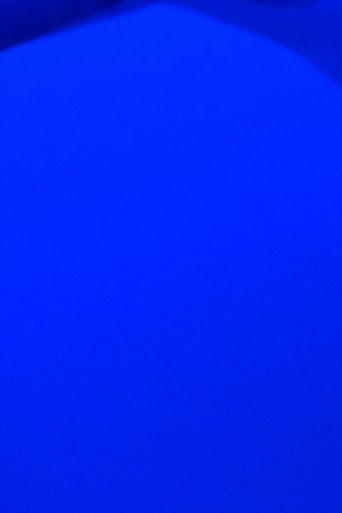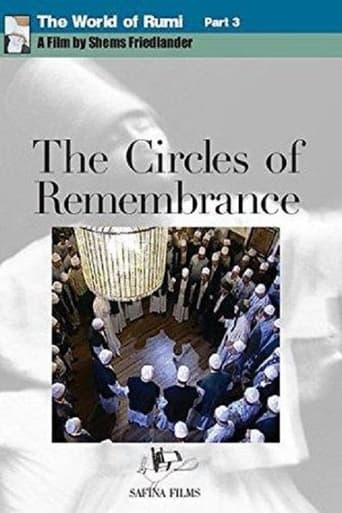
15 Nov 2008

The Circles of Remembrance
The Circles of Remembrance is an 82 minute journey into what is usually a hidden world of Sufism. This documentary explores "zikr" ceremonies in Cairo, Istanbul, Morocco, and the U.S., along with interviews with some of the most prominent Sufi scholars and musicians, on the outer and secret meaning of the remembrance of God. Martin Lings, Seyyed Hossein Nasr, Gai Eaton, Sheikh Ali Gomma, T.J. Winter,and Tosun Bayrak are among those interviewed.
